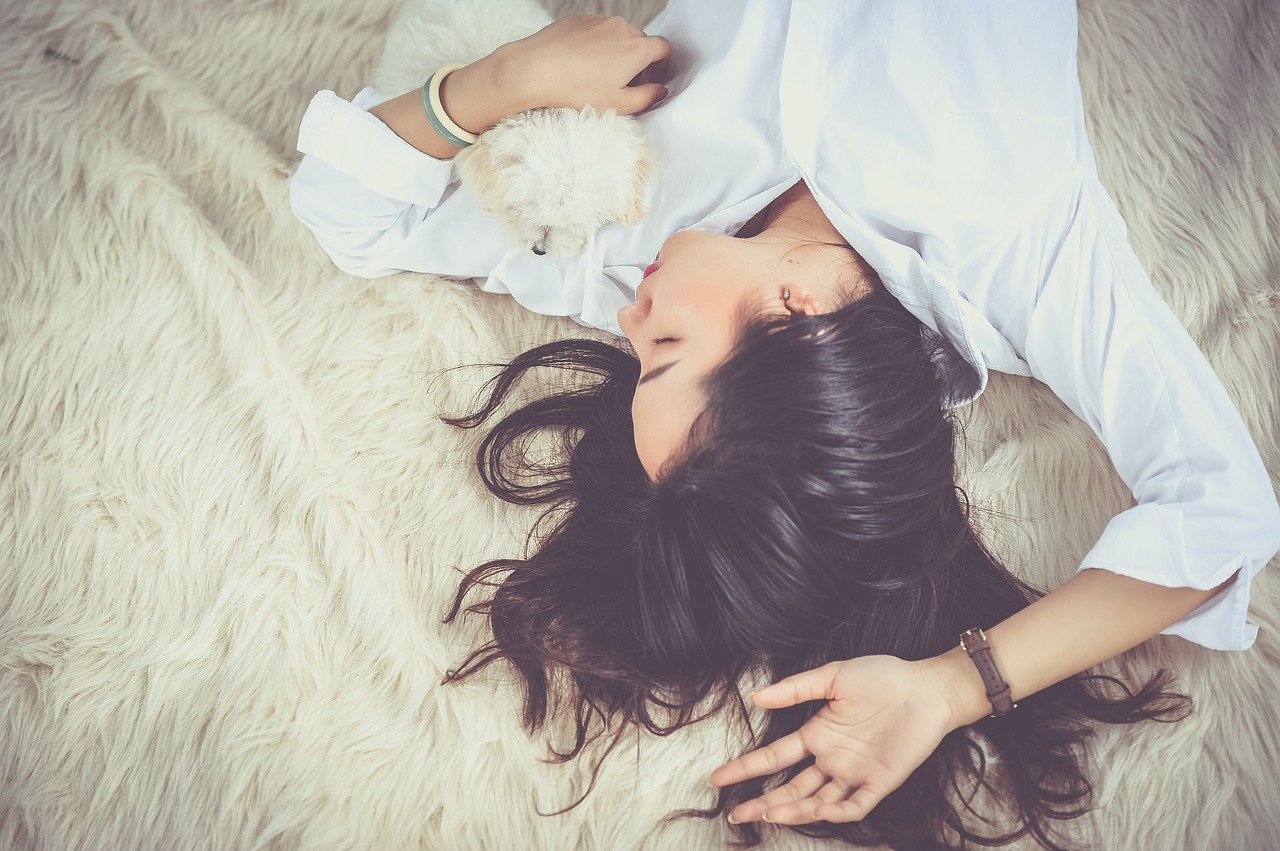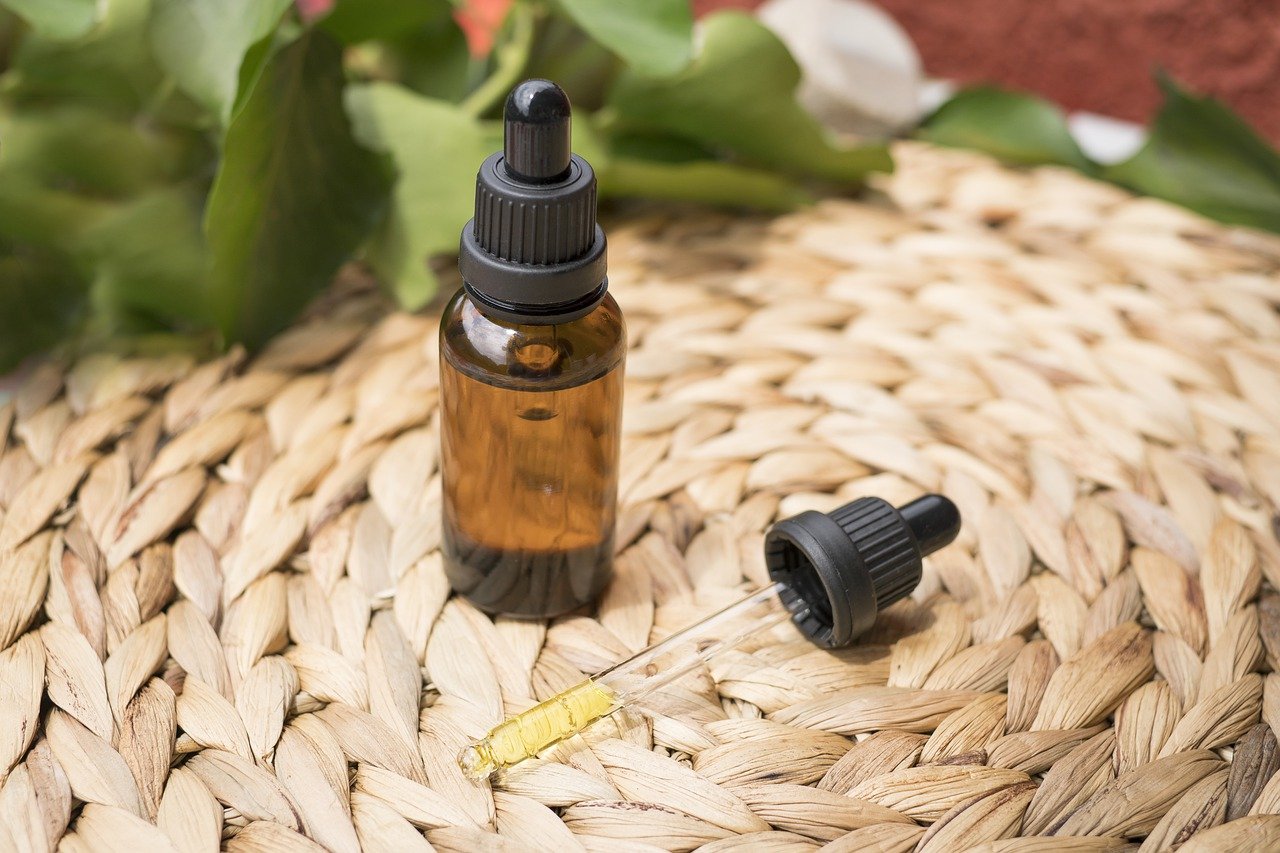Big Pharma has made a fortune treating sleep disorders, yet standard sleeping drugs and “sleep aids” are known for their many debilitating and often dangerous, adverse effects. CBD, or cannabidiol, is a safer, non-toxic alternative to powerful barbiturate sleep-inducing medicines, with none of the hazards of deadly overdose, tolerance, dependency, or addiction that come with them. You can try Keoni to feel the benefits of CBD.

Can CBD Oil Fix Your Sleep Schedule?
Potent sleep drugs can cause a “medication hangover,” or sensations of listlessness and prolonged lethargy that are far from refreshing. Sleeping aids not based on barbiturates have not performed much better.
Cannabis has an extensive history of medicinal and recreational use. Cannabis’ effects principally arise due to the compounds known as cannabinoids. Tetrahydrocannabinol (THC) and cannabidiol (CBD) are the most famous. THC and CBD have differing impacts on the brain, yet both are psychotropic. Unlike THC, CBD has no psychoactive effects.
Cannabidiol may be perfect for various purposes, including lowering seizures, anxiety, and discomfort. The drug can be effective as a sleep aid. Certain kinds of sleepers have difficulty falling or staying asleep. Over half of all Americans report feeling drowsy three to seven days each week on average. Using many strategies, you may prevent sleep debt and enhance your sleep. Improving sleep hygiene, utilizing pharmaceutical sleep aids, and employing natural sleeping aids are all options for treating insomnia. Let us look at how CBD may help you sleep better.
How Can The Drug Help You Sleep?
To understand how CBD affect sleep, we must study the endocannabinoid system. Researchers have recently learned how the ECS regulates physiological processes and maintains homeostasis. It functions by interacting with cannabinoids found in our bodies. Each cannabinoid may be considered a “key” that fits into the “locks” on our cannabinoid receptors.
Cannabidiol binds to the cannabinoid receptor and causes a broad sensation of relaxation rather than enhancing melatonin synthesis (the sleep hormone). While melatonin is helpful for individuals who need a little assistance going asleep now and again, it will not solve any problems that keep people from sleeping or staying asleep, such as an unbalanced endocannabinoid system.
How may CBD oil help you get a better night’s sleep?
CBD oil can help with insomnia by addressing the underlying causes, such as stress and anxiety.
Cannabis relaxes the body by interacting with brain neurotransmitters. Always obtain medical counsel before using the herb to ensure that it will work for you.
How cannabidiol may help you feel less stressed and anxious
Insomnia often arises due to stress or stress-related illnesses. Your cortisol levels may be more significant because cortisol—the stress hormone—is heightened at night when you experience insomnia. It might be tough to turn off and go to sleep when this occurs.
CBD activates your endocannabinoid system, which lowers cortisol levels in the body. Stress-related sleeplessness is less likely as a result of this. The famous drug has been demonstrated in studies to help with anxiety and sleep. These improvements only lasted a short period, and after that, people stated that their sleep had worsened again. It may be effective in the short term, but it is unlikely to be a long-term treatment.
CBD’s role in pain management
Insomnia may also arise from physical discomfort. On the other hand, cannabidiol may relieve pain by relaxing tense muscles and decreasing inflammation. Experts claim that CBD oil may aid with pain relief. This oil may benefit you from physical ailments that induce sleeplessness.

What is the recommended CBD oil dosage for sleeping?
There is no exact dosage since the oil products vary, individuals sleep differently, and cannabinoid receptors exist in different persons. To determine your ideal dose, you may choose to start with one drop every night. It may help to take the precise quantity each night until you discover your sweet spot, but if that does not work, gradually raise the dosage until it does. Additionally, specific CBD strains for sleeplessness may be beneficial. If 15 mg is too much for you, start with 5 mg and gradually increase as needed.
How to Restore Your Natural Sleep Cycle with CBD
Cannabidiol may be appropriate in various ways, including vaping medicinal marijuana or smoking CBD. This drug is also available as lotions and ointments that you can use topically. Topical CBD treatments will have minimal impact on resuming the sleep cycle due to the skin’s resistive barrier. We experience the herb’s effects rapidly when we vape or smoke it, but it wears off quicker, and it may be challenging to determine the most appropriate dose quantity.
Experts believe that taking easy-to-take capsules with carefully calculated doses of CBD 15 mg 30-60 minutes before bedtime is the most effective way to promote a regular sleep-wake cycle.
More suggestions for improving your sleep routine
CBD may or may not be appropriate for everyone. Various techniques might assist you in getting a better night’s sleep. You may also use the following suggestions to obtain a good night’s sleep:
- The atmosphere in your bedroom should be peaceful, calm, and relaxing.
- Take some additional time to relax before going to bed.
- Avoid caffeine and alcohol before going to bed.
- To exhaust oneself, exercise consistently throughout the day.
- Reduce day-to-day tension to relax your thoughts before going to sleep.
- Relax with essential oils that are calming.
CBD Sleep Aids: The Best CBD Products
As CBD becomes the most widely used cannabinoid in cannabis treatment, users face a bewildering array of products. Medicinal marijuana competes for a place in the sleep improvement market as well. Still, its high THC level eliminates it as a viable choice for many chronic insomnia people. The most excellent sources for restoring the normal sleep cycle are full-spectrum products produced from the industrial hemp strain of the Sativa L cannabis family.
While THC and CBD cannabinoids have significant effects, THC (tetrahydrocannabinol) in marijuana’s psychoactive nature may exacerbate disorders that interrupt the sleep-wake cycle, such as anxiety. THC may cause adrenaline rushes, which cause agitation. It also has a high affinity for binding to the CB1 receptor, responsible for the natural mood enhancer anandamide. The pleasure from THC in marijuana may be robust in the short term. Still, the disruption or decrease of anandamide levels can lead to increased anxiety and arousals, aggravating insomnia symptoms in the long run.
Conclusion
CBD is becoming more popular as a sleep aid. It is a potent soothing, and relaxing substance that may help sleep-deprived. The best CBD oil contains cannabinoids and terpenes, which help with sleep by boosting CBD’s benefits. Whether you experience insomnia or other sleep issues, the oil may assist you in falling asleep faster.

